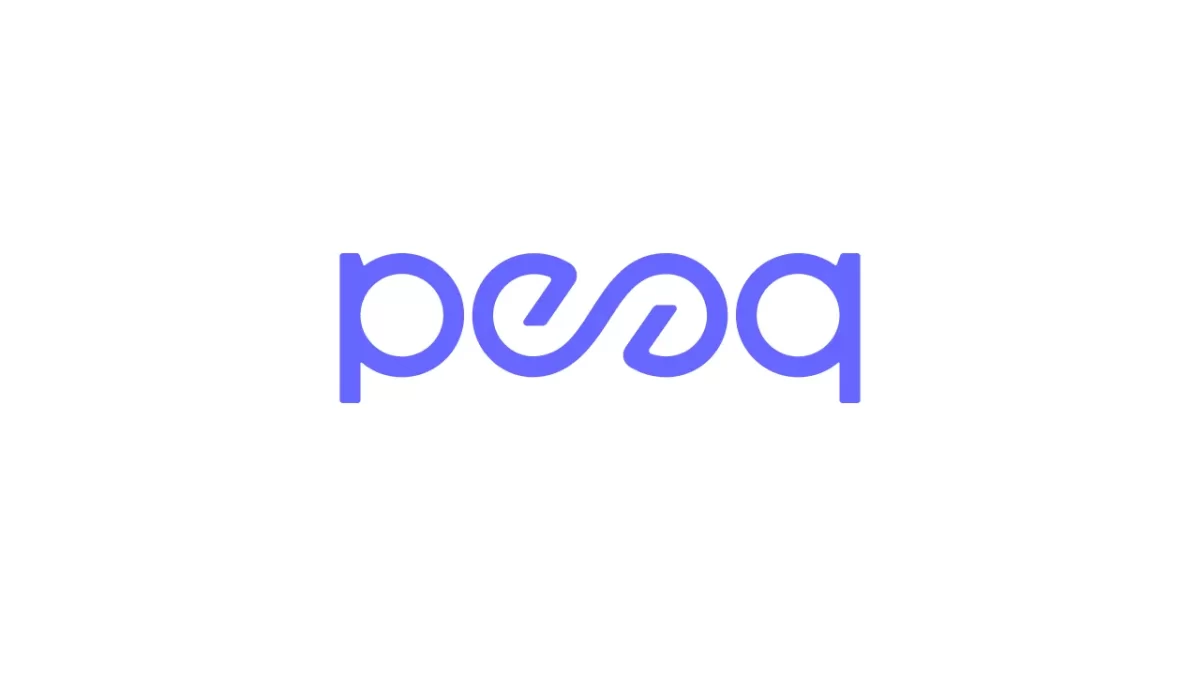# Peaq: Pioneering the Machine Economy with Decentralized Physical Infrastructure Networks
Since its establishment in 2021, Peaq has emerged as a notable Layer 1 blockchain project. It aims to realize the machine economy through its Decentralized Physical Infrastructure Network (DePIN). In a recent interview with Messari, Peaq’s co-founders Leonard Dorlochter and Max Thake discussed the project’s vision, current progress, and future roadmap.
Peaq’s journey dates back to 2017 when Leonard, Max, and a third co-founder met in Berlin, Germany. Fascinated by the potential of blockchain technology and machine-to-machine interactions, they envisioned an open system where vehicles, charging stations, drones, and other machines could interact freely.
Initially, due to the scalability limitations of blockchain, they focused on developing enterprise blockchain use cases. They collaborated with the Volkswagen Group on a project to build a decentralized electric vehicle charging platform. Drawing from these experiences, they began the formal design of Peaq in 2021.
“At the time, the infrastructure needed to realize a machine economy was lacking due to scalability issues. But now, the technological foundation is in place,” says Leonard Dorlochter.
# A New Era: Autonomous Machine Interaction in the Machine Economy
The machine economy refers to an economy where machines autonomously interact, trading goods and services. Peaq provides essential infrastructure for this vision, including machine identity, data validation, payments, and access control. DePINs play a critical role by enabling applications to facilitate machine-to-machine interactions and connecting diverse data and functionalities across different machines.
“Beyond mere transactions between machines, the machine economy enables systems like autonomous vehicles to select optimal routes and make decisions in real-time,” Max Thake explains. Various DePINs are currently under development within the Peaq ecosystem, exemplified by:
– **Silencio**: A DePIN that measures noise levels via smartphones, creating the world’s largest noise pollution map.
– **Sky X**: Utilizes crowdsourced weather data to generate hyper-local weather information.
– **Ex Machina**: Tokenizes machines that generate revenue, creating a novel financial ecosystem where these tokens can be used as collateral.
Peaq supports the machine economy, with numerous DePINs playing vital roles within its ecosystem.
The PEAQ token serves as the network’s native gas token, used for transaction fees, validator staking, and on-chain governance. Peaq plans to enhance the token’s functionality, introducing systems for machine trust and additional utilities. The team also aims to support developers and users through its decentralized exchange (DEX) and various tools.
By 2025, Peaq plans to expand its ecosystem through large-scale community growth campaigns and enterprise partnerships, focusing on improving network performance and enhancing the developer experience.
# Real-time Energy Trading for Efficiency and Human Prosperity
Peaq identifies the energy sector as a promising application for DePIN. The goal is to connect decentralized energy resources to create virtual power plants and enable real-time energy trading. “Energy DePIN has the potential to significantly contribute to human prosperity,” emphasizes Leonard.
Max adds, “The machine economy, combining autonomy and blockchain-based financial independence, will forge a new economic paradigm. Soon, autonomous machines will deliver services and act as communal assets.”
By laying the groundwork for the machine economy through DePIN, Peaq is creating a new economic ecosystem driven by decentralized infrastructure and autonomous machines. While still in the early stages, Peaq’s ecosystem holds vast potential for future development. For more information, visit Peaq’s official X account and Discord channel.
“We are confident that Peaq will establish itself not just as a blockchain but as essential infrastructure for the future economy,” the Peaq team concluded in the interview.
⚠ Premium content
To unlock this and other premium content, subscribe via Access Protocol. Learn more ›




